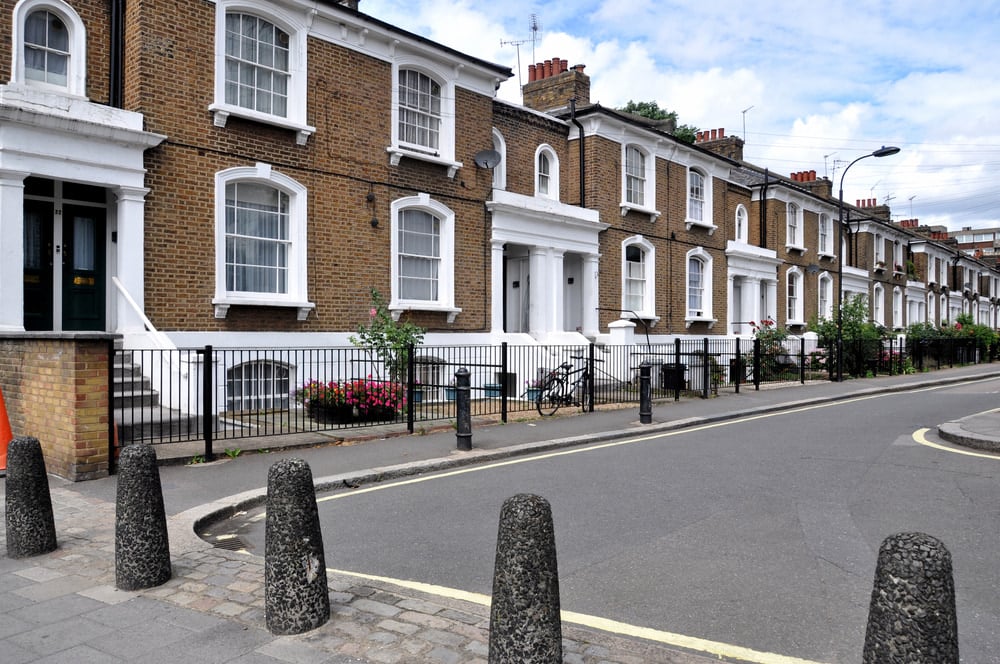Days
Hours
Minutes
Seconds
May 1 2026 - Renters' Right Act Commencement Day
You have 0 days to:
Serve any final Section 21 notices
Stop accepting above-asking rent offers
Prepare for the rental bidding ban
Remove “No DSS” from adverts
Remove “No Children” from listings
Show one clear rent price
Stop using fixed-term agreements
Switch to periodic tenancy templates
Check which tenancies go periodic
Stop taking rent before signing
Take no more than one month’s rent
Move all evictions to Section 8
Train staff on new notice rules
Create Section 13 process flow
Add two months to rent reviews
File court claims for Section 21s
Update landlord move-in grounds
Update landlord selling grounds
Send the RRA Information Sheet
Create written terms where missing
Update How to Rent processes
Review tenant screening questions
Update pet request processes
Stop backdating rent increases
Discuss rent protection backbooks
Act now before it is too late...
Q&A: How can letting agents avoid fines?
Staying compliant is a minefield in a world of ever-changing legislation. So how can letting agents and landlords avoid making mistakes?
The Goodlord team
Apr 22, 2024
For letting agents and landlords, there are various hoops to jump through to stay compliant and avoid risks. Agents constantly need to know the nitty-gritty details of legislation and regulations to avoid any nasty surprises.
Letting agents and landlords face some severe monetary consequences if they are not compliant with the right legislation issued by the local authority and government.
From the start of 2024, technology company Kamma reported that civil penalties for properties not having the licences increased by £377,213. One letting agency was charged £167,000 for failing to comply with the latest regulations.
In a recent webinar, How to Avoid Fines and Reduce Risk in Your Lettings Business, Lauren Hughes, Head of Customer Success from Vouch, was joined by Orla Shields, CEO and Co-Founder at Kamma, and Ryan Heaven, Associate Solicitor at Dutton Gregory, to discuss how agents can minimise any future risk in their business.
Watch our webinar to find out more about minimising risk in your agency
Here are the top questions they answered in the webinar:
- How can technology be used to avoid any Right to Rent risks?
- Are letting agents at risk if a property doesn’t have the right licence?
- How agents can use technology to minimise property licencing risks
- How can letting agents remain compliant with the rent collection agreements?
How can technology be used to avoid any Right to Rent risks?
A Right to Rent check prevents those “without lawful immigration status” from renting a property illegally. For letting agents, they need to conduct accurate checks and keep records otherwise they’ll risk fines for non-compliance.
From February 2024, the Government increased the maximum fines for non-compliant landlords of up to £10,000 for first-time breaches per occupier, and for repeat offences, landlords can see up to £20,000 per occupant. So being able to minimise risk during the referencing process is important to avoid any nasty surprises.
Vouch offers Identification Document Validation Technology (IDVT) that agents can confirm a tenant’s Right to Rent check and minimises the risk before a tenant moves in.
IDVT is comprised of two parts, the first being a liveness check. This shows that a person is living and moving, which is achieved by applicants taking a selfie and verifying that they are a real person. The second part is the documentation check, and verifying whether the document is real, which is a key part of Right to Rent checks.
IDVT is only for UK applicants but is a key part of the digital Right to Rent check. This is something Vouch offers to make the process quick and simple for both letting agents and landlords.
Find out more about Vouch’s referencing process
Are letting agents at risk if a property doesn’t have the right licence?
Local authorities can introduce selective licensing to all privately rented properties to tackle problems in their areas, such as improving poor housing conditions and minimising high levels of crime. Licences can be introduced at any time and can continuously change even on the same property.
A local authority can issue a civil penalty if a property does not have the correct licence. This can be up to £30,000 per offence. If a tenant tells the council that a property they rent isn’t a complaint, landlords may also have to pay up to 12 months of rent back to the council.
Once local authorities realise a property doesn’t have a licence, they may check if everything else is up to code - such as EPC or gas certificates.
If a letting agent manages a property, they are equally at risk of being fined. Agents have a responsibility to ensure that the property needs a licence and if not they are at a risk of fines or even prosecution.
How agents can use technology to minimise property licencing risks?
There are a couple of ways to minimise the risks for letting agents and landlords. One of them is staying in touch with the council and hoping they notify when they change or create new licences. However, some councils with their communication are better than others.
Letting agents need to do the research and understand a property’s ins and outs to see what the configurations of a tenancy are to know what licences are needed.
There are also platforms available, such as Kamma, where all property licenses are tracked daily and mapped down to the unique property reference number (UPRN) so that on a given day they can find what properties need licences and any upcoming consultations, minimising the risk and any possible fines.
Goodlord is integrated with Kamma so agents can easily understand all the necessary licences needed for their properties, minimising risk and providing peace of mind.
Watch our Willow webinar to learn more about Goodlord’s integration with Kamma
How can letting agents remain compliant with the rent collection agreements?
Letting agents can take the payments for rent for their landlords, but they need to stay compliant during this process.
Due to legislative conditions surrounding rent collection for letting agents, they can be at risk of being non-compliant and vulnerable to risks such as fines or even prosecution.
If an agent touches the first month's rent, and then a licensing scheme comes in a year later, it is unexpected a local authority could prosecute an agent. At the time there wasn't any kind of offence being committed.
However, if a letting agent takes any kind of money at all at a time when there is an unlicensed property, then they could be exposed to a form of risk. Even if it is just one month because as part of an agent’s due diligence. Agents ought to know that a licence is required and you also ought to know if your landlord has a licence.
It is possible that property licensing could expose a letting agent, however, if an agent works on a let-only basis, the landlord should be the one applying for licensing and managing rent.
Listen to our webinar to find out how to remain compliant in their industry







